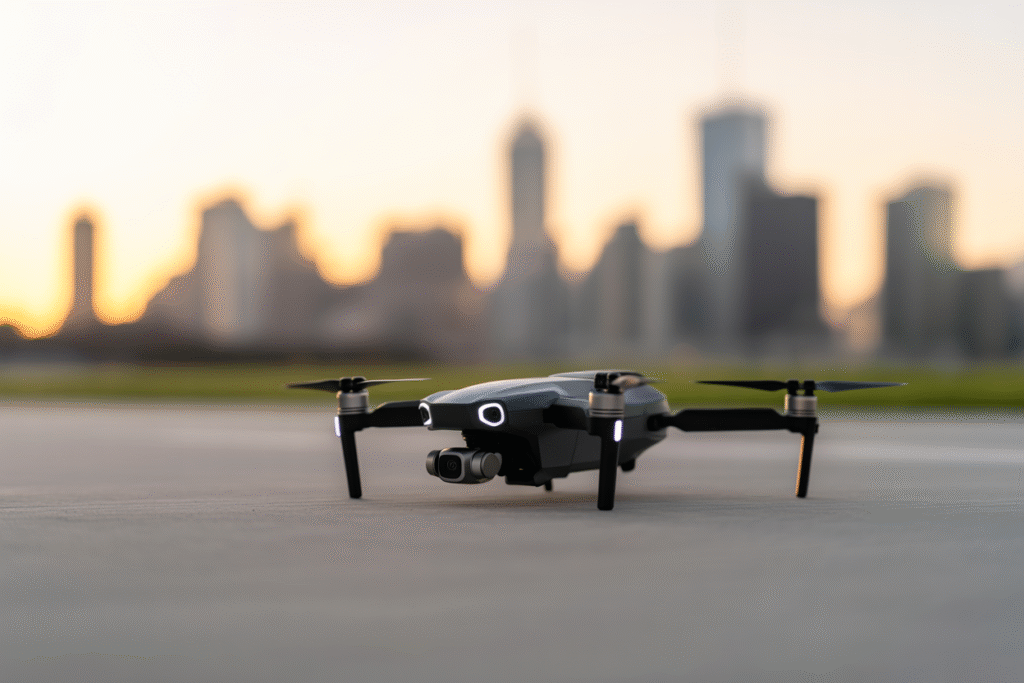Silicon Valley’s pivot from “don’t be evil” to defense contracts is reshaping warfare—and sparking a global ethics firestorm.
Remember when Google swore off military work? That promise just evaporated. In the last 72 hours, leaked memos, employee walkouts, and billion-dollar deals have exposed how OpenAI, Meta, and Google are racing to arm the Pentagon with AI. This post unpacks why the shift matters, who wins, who loses, and what it means for the next war.
The Great Pivot
Five years ago, Google employees forced the company to drop Project Maven, a Pentagon drone-imaging contract. Today, the same firm is quietly building AI targeting systems for the U.S. Army.
The reversal isn’t unique. OpenAI, once famous for its charter forbidding lethal uses of GPT models, now lists “national security” as a core customer. Meta’s LLaMA code is running inside classified simulations that test autonomous drone swarms.
Why the sudden U-turn? Follow the money. The Pentagon’s AI budget has ballooned to $1.8 billion this year, and Silicon Valley giants want the lion’s share.
Inside the Contracts
Three deals signed in the past month reveal the scope of the pivot:
• Google Cloud landed a $900 million agreement to supply real-time battlefield translation and target-recognition APIs.
• OpenAI partnered with defense startup Anduril to integrate GPT-5 into drone mission-planning software.
• Meta licensed its Segment Anything vision model to Raytheon for missile-guidance training data.
Each contract includes secrecy clauses, but whistle-blower posts on X show engineers wrestling with code that could decide who lives or dies without a human pulling the trigger.
Employee Revolt 2.0
History repeats itself—only louder. At Google, more than 800 workers signed an open letter last week demanding the cancellation of the new Army deal. Inside OpenAI, staff circulated an internal memo titled “Autonomous Killing Is Not Alignment.”
Yet this time the pushback faces stiffer headwinds. Layoffs in the tech sector make dissent riskier, and federal officials remind executives that China’s military isn’t pausing for ethical debate.
Still, some engineers are voting with their feet. Recruiters report a spike in job requests from AI talent seeking civilian-only roles, even at lower salaries.
Global Domino Effect
When Silicon Valley arms up, rival powers feel forced to follow. Russia announced a $2 billion program to integrate large-language models into nuclear-command exercises. China’s PLA unveiled an AI battle-manager that claims to predict enemy moves 30 minutes faster than human generals.
The irony? Each nation justifies its sprint by pointing at the others. Arms-control experts warn of a classic security dilemma: every algorithm deployed in the name of deterrence makes the world less stable.
Meanwhile, smaller countries without tech giants are shopping on the open market. Israel, Turkey, and South Korea are all testing foreign AI targeting systems, creating a patchwork of incompatible kill chains.
What Happens Next
Expect three flashpoints in the next 18 months:
1. First battlefield use of a fully autonomous AI drone swarm—likely in the Red Sea or Ukraine.
2. A congressional hearing where tech CEOs face the same grilling tobacco executives got in the 90s.
3. A whistle-blower leak so damning that at least one major firm pauses defense work again.
The wildcard is regulation. The EU’s AI Act labels military applications “high-risk,” but enforcement is fuzzy. In Washington, bipartisan bills aim to require human oversight for any lethal decision, yet lobbyists argue such rules would cede advantage to Beijing.
Your move: call your reps, audit the code you build, and ask who profits when software—not soldiers—decides who dies.


